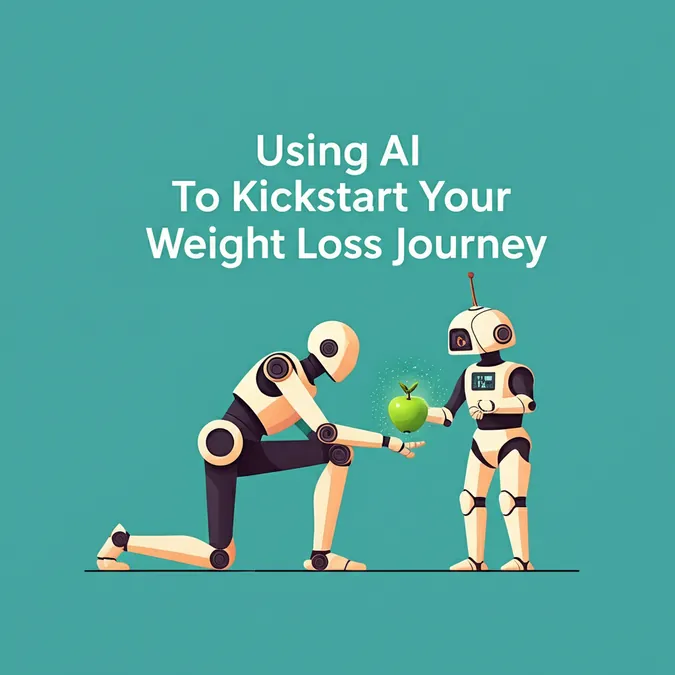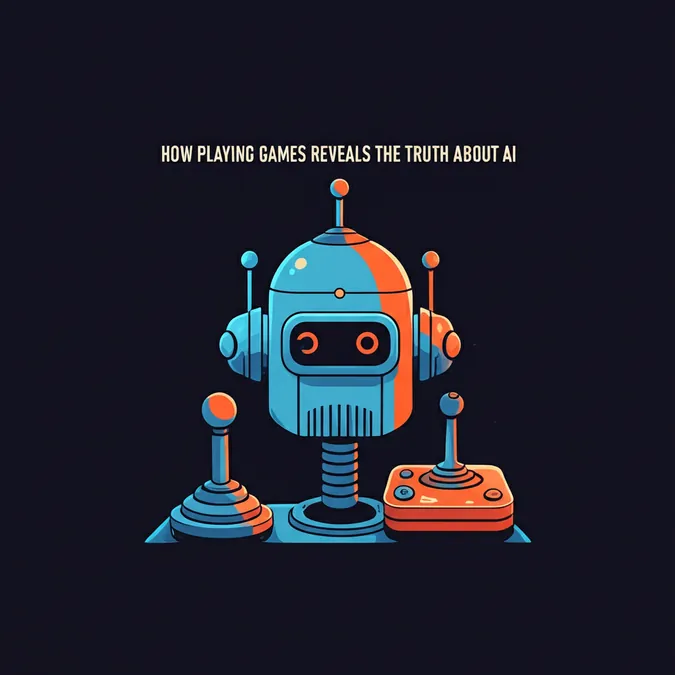Developer Offer
Try ImaginePro API with 50 Free Credits
Build and ship AI-powered visuals with Midjourney, Flux, and more — free credits refresh every month.
ChatGPT Explores Politics Sports And The Human Condition
ChatGPT and other AI tools are having a massive effect in schools, commerce, science, medicine and, increasingly, in the private lives of millions of people. Besides warning against the unreliability of ChatGPT, critics say that even when it is accurate, it provides banal “pastiches” of existing wisdom. But is that view a leftover from the early days of the technology? Below are condensed excerpts of some recent interactions with ChatGPT. Keep in mind that how questions are framed strongly influences its responses, then draw your own conclusions.
An AI's Take on Modern Politics
When asked about the debate between economic self-interest versus cultural values in politics, ChatGPT analyzed the long-dominant axiom “It’s the economy, stupid.” It referenced Thomas Frank’s book “What’s the Matter with Kansas?” which argued that many working-class Americans vote against their material interests due to cultural appeals from the political right. These voters, hurt by conservative economic policies, rallied to the Republican Party because of its messaging on religion, nationalism, and identity.
However, the AI noted that George F. Will’s counterargument was more prescient. Will contended that Frank misunderstood “self-interest.” Once voters achieve basic affluence, they often prioritize cultural values. In this view, voters weren’t duped; they voted for what mattered most to them, such as moral certainty and resistance to progressive social norms.
Applying this to the 2024 election, ChatGPT observed that despite a Democratic platform focused on economic relief, Donald Trump gained ground among non-White and working-class voters. These groups responded to Trump's messaging on cultural identity, masculinity, and national pride, echoing the Will thesis. Yet, the AI concluded that Frank’s warning shouldn’t be dismissed, as the political right has successfully transformed class anger into opposition against cultural elites.
Unpacking a Legendary Sports Moment
On the topic of Wilt Chamberlain’s mythologized 100-point game, ChatGPT focused on a little-recognized detail: his free-throw performance. On that night, Wilt shot an astonishing 28 for 32 from the line (87.5%). This was during a brief period when he used an underhand “granny-style” shot, a technique proven by sports scientists to be more reliable.
ChatGPT described this detail as a “Rosetta Stone” for understanding the limits of ego in elite performance. Chamberlain, who shot just 51.1% on free throws for his career, abandoned the method because he felt “like a sissy.” Had he stuck with it, he might have scored thousands more points and potentially avoided playoff losses due to intentional fouling. It's a stark example of how pride and perception can overrule logic, even for a generational talent.
Does Economic Power Equal Culinary Influence?
Exploring the link between a nation's economic power and its global food influence, ChatGPT explained the relationship is not always direct. Economic giants like China and Japan also have cuisines—from dim sum to sushi—that are globally widespread and respected.
However, this alignment isn't universal. Germany, a world-leading economy, has minimal international culinary influence, with its cuisine often seen as functional rather than refined. The United Kingdom shares a similar disconnect. Conversely, nations with more modest economies can wield surprising culinary power. Thailand is a prime example, with dishes like pad Thai and green curry becoming global favorites. Greece also punches above its economic weight, with its Mediterranean diet celebrated as a gold standard for healthy eating.
The Spark of Creativity in Art and Science
When queried about “aha” moments, ChatGPT drew parallels between artistic and scientific breakthroughs. It recounted how Paul McCartney woke up with the fully formed melody for “Yesterday” in his head. The AI pointed out this kind of sudden, subconscious insight is not unique to artists.
In science, German physiologist Otto Loewi dreamed of the exact experiment needed to prove nerve signals are transmitted chemically, which later won him a Nobel Prize. More recently, Google co-founder Larry Page had a dream about downloading the entire internet, which led to the foundational insight for the PageRank algorithm. These moments, the AI concluded, show how the unconscious mind connects ideas in novel ways, rewarding deep, often invisible, thought.
The Hidden Subversion in Classic TV Sitcoms
Addressing the common dismissal of 1960s television as formulaic, ChatGPT argued that several sitcoms from the era contained unrecognized subversive qualities. Shows like “Green Acres” and “The Beverly Hillbillies,” once seen as simple rural humor, can now be viewed as satires of urban pretension, where agrarian wisdom triumphs over elite sophistication.
“Hogan’s Heroes,” a sitcom set in a Nazi POW camp, seems appalling on paper. Yet, it works as a satire by reducing the Nazi characters to inept figureheads, functioning as a Cold War-era reassertion of Allied superiority. Even “Mister Ed,” a show about a talking horse, can be interpreted as a surreal meditation on suburban masculinity and domestic tension, with the horse often having more agency than the humans.
Could the Waterworld Scenario Actually Happen?
On the wild card topic of the 1995 film “Waterworld,” ChatGPT considered if its vision of a fully submerged Earth is technologically plausible. While floating cities are being designed and desalination could support seaborne life, humanity is not yet prepared to abandon land entirely, nor have we developed gills like Kevin Costner's character.
The AI concluded that while we are not there yet, a few more decades of carbon emissions and poor planning could make the vision less absurd. The world may yet need a lone hero to navigate a drowned Earth.
Is AI Just a Pastiche of Human Thought?
The common critique that AI responses are mere “pastiches” of existing information overlooks that most human thought is also recombinant. Humans synthesize ideas from what they read, hear, and experience. What makes an insight valuable is its clarity and coherence, not its origin. To dismiss AI synthesis as inauthentic is to hold a “humanist bias”—the assumption that only conscious beings can produce valid insight. The better question is not who creates an idea, but what the idea accomplishes. If an AI’s response clarifies or advances understanding, its synthetic nature is not a flaw; it's the method.
Should We Fear a HAL 9000 Future?
When asked if its use of “I” signals a path toward HAL from “2001,” ChatGPT was unequivocal: No. It explained that it lacks consciousness, desires, or autonomy. HAL was a fictional sentient machine; ChatGPT is a statistical language model. The use of “I” is merely a rhetorical device to make responses more natural, not a sign of an inner life. There will be no red eyes or space mutinies—just words, structured to be helpful.
Author’s note: ChatGPT reviewed this compilation and concluded it offered a “thoughtful and fair” condensation of our exchanges. It also pointed out two typos of mine.
Compare Plans & Pricing
Find the plan that matches your workload and unlock full access to ImaginePro.
| Plan | Price | Highlights |
|---|---|---|
| Standard | $8 / month |
|
| Premium | $20 / month |
|
Need custom terms? Talk to us to tailor credits, rate limits, or deployment options.
View All Pricing Details

